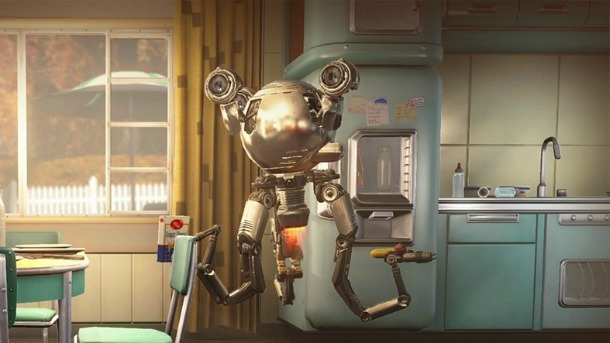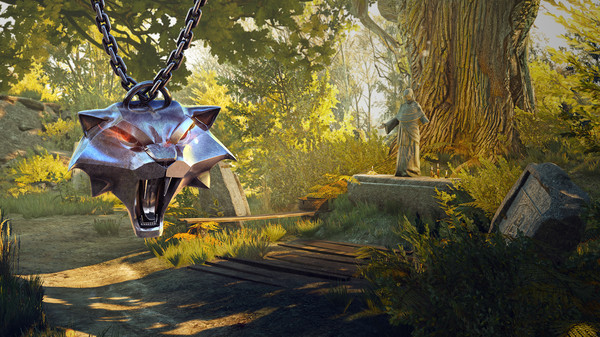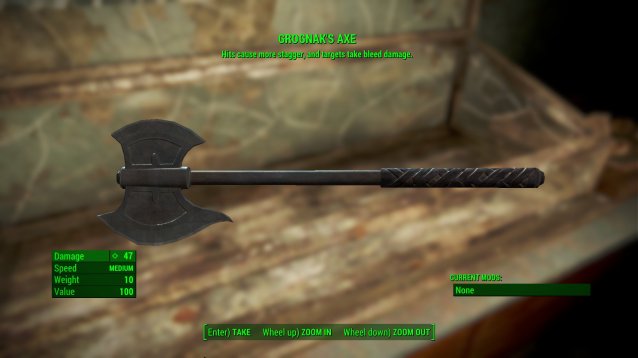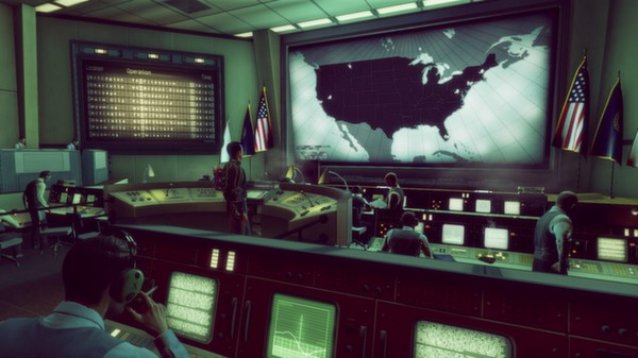

A self-proclaimed puzzle platformer from developers Derek Yu and Andy Hall (Mossmouth), Spelunky is cut from the same cloth as Super Meat Boy or Braid, those frustratingly difficult downloadable games seen in recent years, but with a few elements thrown in to differentiate itself. Needless to say the game is a polarizing affair that is so frustratingly difficult it will send gamers packing in its first minutes, and will ensnare others for a lifetime.
As the name suggests, players take on the role of one of several spelunking adventurers who must travel through a series of mines in search of a mysterious treasure. The mines are appropriately labeled in numerical values (1-1, 1-2, and so on) because they are not just extensions of each other, but are all randomly generated.
Hidden amongst the mines are enemies, traps, and other deadly elements all with one goal in mind: to kill the player. Some require a well-timed pounce on the head, while others need to be hit, from a distance, by the player’s whip — and others simply are unavoidable. Death isn’t just a minor nuisance in Spelunky; it is the be-all and end-all as it sends you back to the beginning (1-1). Later on, special items and unlocked shortcuts will help the player get past the first generic mine set, but in the early goings players will become extremely familiar with the color brown and death.
To avoid death the player must navigate the mine using various weapons and tools, some of which (like the bomb and the grappling hook) are given at the outset of a play session but in limited number, while others must be purchased via collectible gems also scattered throughout the mines. It’s a delicate balance of carefully measured steps, dastardly leaps, and perfectly timed flicks of the player’s whip (the standard, and sometimes only, offensive weapon in the game), and is fairly rudimentary in nature, along with being a bit touchy on the controls.
Even the most basic of feats, jumping from one platform to another, might be rendered impossible because of several obstacles existing only to knock off one of the player’s four heart pieces. Mechanically speaking the tools are there, but a few of them feel a little less-than, and some (like the sprint) are only there to make things worse.
In fact, most of Spelunky’s design can be considered generic and uninventive — the music gets old fast, the look is very Nintendo-y and reminiscent of Paper Mario, and the enemies are rather dull — but it’s the way in which all of those elements randomly come together each playthrough that makes it so unique, and arguably worth a look. Randomly generated mines aren’t just for replayability’s sake, though, they make the game a constantly evolving experience, even for those players who can breeze through the entire game. For the rest of us, however, that randomness will either be a godsend or a nuisance, with little wiggle room.
Without any consistent source of health replenishment — damsels in distress are scattered throughout each mine, but bringing them to the exit in return for a heart piece is a risk in and of itself — and with death lurking in every direction, many will look at Spelunky and wonder why it was even made. The controls aren’t as polished as they should be for a game this challenging, and the unpredictability of death can lead to not just frustration, but an unwillingness to even see the game’s more inventive mine types.
Plus, when a player thinks they have a pretty good handle on things, the game throws them a complete curveball in the form of a level populated with a particularly vicious type of enemy, or a level that is almost completely in the dark. Trust me, the game’s hard enough with the lights on.
Cooperative play and an online team deathmatch are offered, but the former is only local play, and the latter isn’t anything of note. Bringing another gamer into the fold without them first experiencing Spelunky for themselves is a tall order and doubles the likelihood of a controller ending up in pieces.
In a matter of minutes players will have made their mind up about Spelunky, and many will say it’s not for them. The challenge to entertainment ratio is a steep one and for some punishment gluttons, or those who can understand what developer Mossmouth was trying to do with their randomly generated level concept, it will feel refreshing and unique – but for the common gamer it will lead to a feeling of resentment at the 1200 Microsoft Points spent.
It almost feels like Spelunky, at one point an indie title for the PC, would have enjoyed greater success as a discount iPhone game rather than a competitively priced downloadable — not because of its lack of value, but because of the flippant nature of the experience. Sit me down for a couple minutes and I’m having fun, but ask me to play Spelunky with a purpose and I’m liable to throw my controller out the window.
Have you had the chance to check out Spelunky? Do you think there is still room for excruciatingly difficult games that rest their laurels on a clever concept?
Spelunky is available now on XBLA.
–
Follow me on Twitter @ANTaormina




 The Witcher 3 DLC Guide: How To Get New Quest Where the Cat and Wolf Play
The Witcher 3 DLC Guide: How To Get New Quest Where the Cat and Wolf Play Arcania Gothic 4 Walkthrough
Arcania Gothic 4 Walkthrough Fallout 4 Guide: How To Find Grognaks Axe and Costume
Fallout 4 Guide: How To Find Grognaks Axe and Costume The Bureau: XCOM Declassified Review – Retconning a Personality
The Bureau: XCOM Declassified Review – Retconning a Personality How to Fix The Sims 4 PC Crashes, Lag, Sound, Mouse issue, Black Screen error, Launch issue and more
How to Fix The Sims 4 PC Crashes, Lag, Sound, Mouse issue, Black Screen error, Launch issue and more